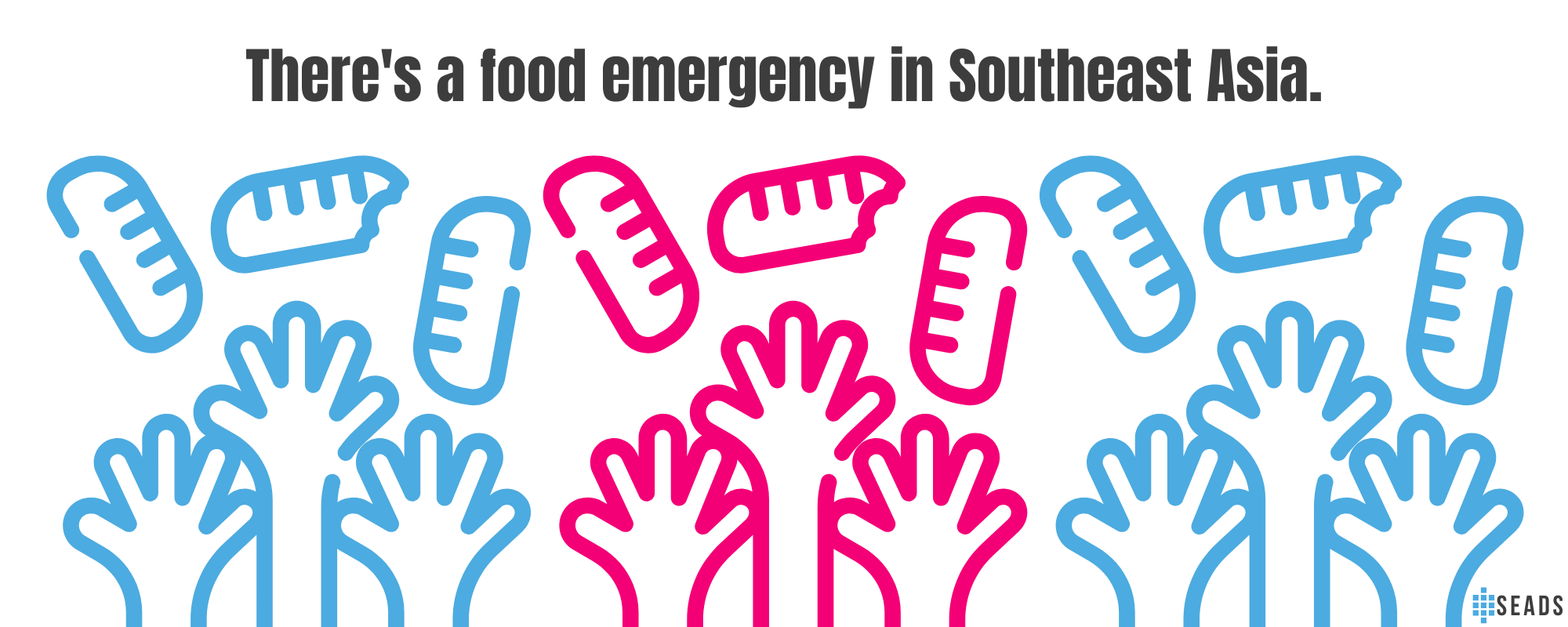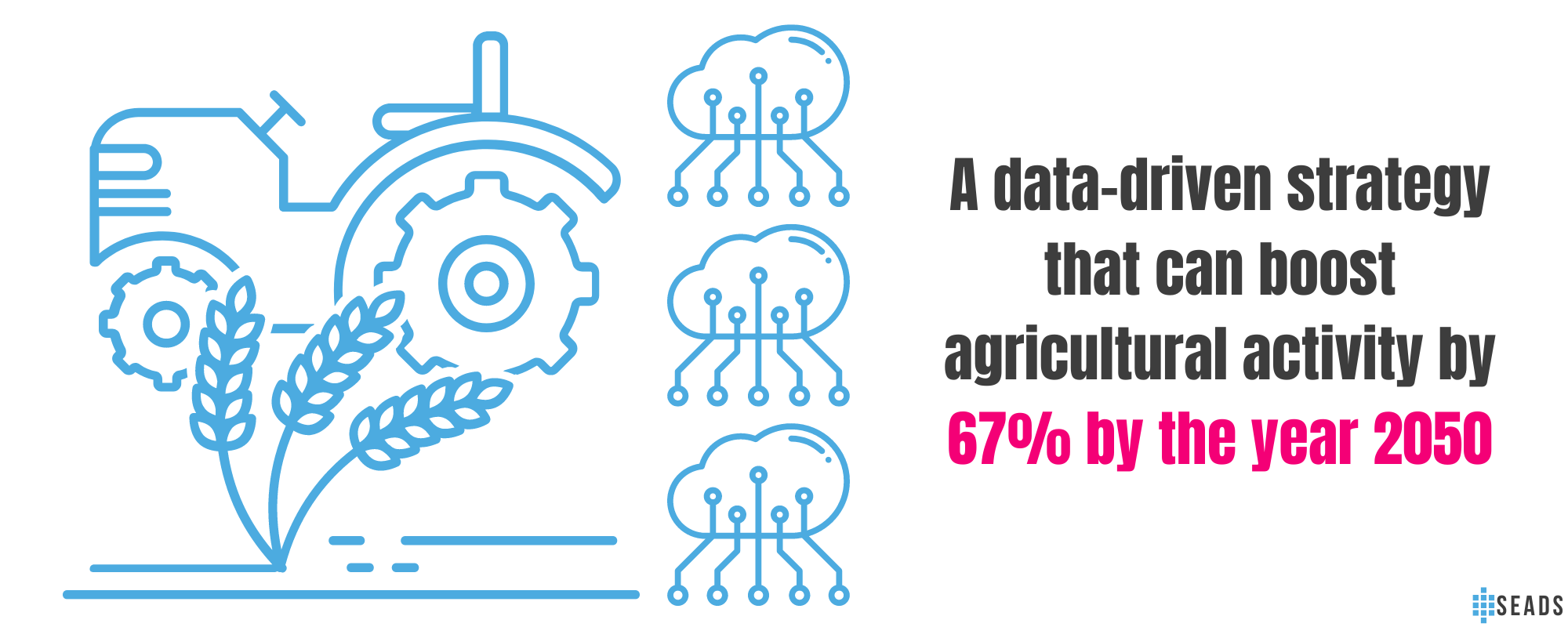Southeast Asia is facing a low food security crisis, with approximately 1 billion people in the region not having access to sufficient food. This issue is part of the worldwide trend that the United Nations has termed the “unprecedented food emergency.” The demand for food in Southeast Asia is suffering because of the slow pace of agricultural growth in the region, overexploitation of natural resources, and water scarcity.

As Southeast Asia continues to develop and urbanize, the prices of food will continue to inflate if there is an insufficient supply against the growing demand. The region must come up with ways to sustainably and efficiently provide for the increasing population and change the production of goods to address scarcity.
Advanced technologies, such as artificial intelligence (AI), drones, and sensors, can help with these challenges and aid in agricultural productivity. With sustainable products, consumers are also likely to purchase as there is minimal carbon footprint. Microsoft aims to help the sector by offering data-driven insights that can boost the agrifood value chain, making it more productive and transparent.
Microsoft’s Azure Data Manager for Agriculture is one of the company’s initiatives to help the agricultural sector. It initially started with Project FarmBeats, a study initiative to help improve the use of agricultural data. However, the Azure Data Manager for Agriculture is a much-evolved program that expands the Microsoft Intelligent Data Platform to industry-specific data connectors and opportunities.
Bayer’s FieldView Platform is a top player in the industry utilising the use of Azure Data Manager for their satellite and weather pipelines to use analytics on crop health, crop growth tracking, and any potential yield-limiting factors in growers’ fields. Industry leaders use data-driven agriculture to address the challenge of food security.

The International Food Policy Research Institute has said the data-driven agriculture strategy can increase the sector’s productivity by about 67% by the year 2050. Moreover, it will also decrease food and agricultural losses. However, these technologies are not accessible to low-to-middle-income countries, especially to small-scale farmers from rural communities, populating to about 450 million leading to the production of about 80% of the region’s food resources.
Over time, if data is used effectively, it can become more useful for a wider population. These data-driven solutions can be utilized to promote sustainable agricultural practices and food security in Southeast Asia. With the help of technology companies such as Microsoft and Bayer, the region can work towards overcoming the challenges posed by low food security and sustainably and efficiently provide for the increasing population’s needs.